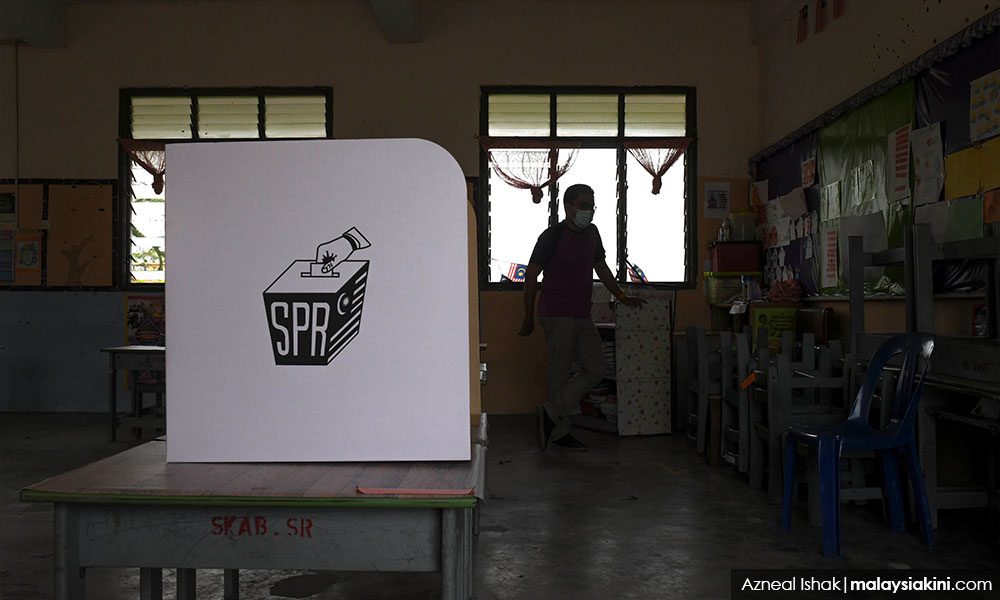New voters from the implementation of the automatic voter registration system and the lowering of the voting age from 21 to 18, may find their vote to have less value.
Bersih said this is because many of the estimated 5.8 million new voters will be concentrated in urban centres which are already underrepresented and the influx of new voters will further aggravate the imbalances.
As such, the electoral reform group said a new redelineation exercise is necessary to address the disparity of voters between constituencies.
It pointed out that the parliamentary seat of Bangi could possibly see more than 300,000 voters after the automatic voter registration is implemented.
If voters in the more rural Sabak Bernam seat increase to 50,000 after the automatic registration, this means that the value of a vote for a Bangi voter is only worth one-sixth of that of a Sabak Bernam voter, Bersih said.
Even during the 2018 general election, there were 30 parliamentary seats that had voters between 1.5 to double the average of 67,300, it added.
"Many new voters will be concentrated in urban centres where there are job and education opportunities that attract the young.
"If a delineation is not conducted soon and no alternative is offered, many voters will feel cheated as they may feel that they have the power to determine the country's future and that of their own but in the end, their vote is worth less than others," the electoral watchdog said.

The previous redelineation exercise was conducted in 2018. No new seats were added as the then BN government did not have a two-thirds majority nor did it seek bipartisan support for the exercise.
The opposition had accused the then BN government of using the delineation to tilt the electoral map in its favour.
Bersih said there was no need to wait for the eight-year period for another redelineation exercise if there is an increase in the number of seats.
However, it cautioned against abusing the redelineation exercise to further worsen, instead of rectifying, the imbalances.
Special select committee
Bersih proposed the formation of a special select committee on electoral affairs to deliberate on the issue.
It said the ideal solution is to increase the number of seats in states that are underrepresented.
Furthermore, they said the parliamentary seats in Sabah and Sarawak should make up at least one-fourth of the Dewan Rakyat.
The electoral reform group said if the political parties cannot agree on correcting the imbalances through the creation of new seats, then consideration should be given for a constitutional amendment to change the election system to a list system.
Under a list system, seats are allocated to parties based on the percentage of votes they win nationally.
This helps to address the problem in the first-past-the-post system where a party can win a bigger or smaller share of seats than the number of votes they actually received, depending on if a constituency is over or under-represented. - Mkini




No comments:
Post a Comment
Note: Only a member of this blog may post a comment.